We all know how a ladybug (sometimes called a lady beetle) looks—a red body with black spots and a tiny head. In most cases, it’s a good sign for a garden. If there is a moderate amount of these in your garden, it means you’re doing your job well. However, there are cases when you might encounter a yellow ladybug.
It’s a ladybug that—you guessed right—is yellow. There are cases when it’s a good sign and other times when it might be a sign to start worrying. This is primarily due to the more infamous Asian lady beetle that we will talk about later. However, generally, yellow ladybugs aren’t something you should worry about.
What Does a Yellow Ladybug Mean?
Image credit: Erik Karits
Before you commit to capturing every ladybug you see, understand the cultural significance of the more friendly varieties. In general, this species of beetle is known for bringing success. Some also view it as a sign of joy and happiness. Usually, you’ll find this ladybug associated with the idea of “new.”
However, some cultures play into the yellow ladybug’s meaning and craft their own. In Australia, the land of Down Under, it’s believed that spotting this beetle can bring the person good luck. In some cultures, it’s believed that when a yellow ladybug lands on a person, it signifies that profits or financial gains are on the way.
Why Are They Yellow?
Image credit: Shyamli Kashyap
It’s time to get your biology notebooks out. Ladybugs have a four-stage life cycle: starting from eggs, moving onto larva, forming into pupa, and eventually becoming the ladybugs we love and know today. The yellow color usually develops between the third and fourth stages. As the ladybug completes its emergence, its color intensifies.
The reason behind the color is simple—predators. Usually, predators associate very strong colors (yellow and red) with poison. Because of that, predators avoid the bright yellow ladybug. However, birds, spiders, and even wasps still hunt them. Either way, this insect isn’t as dangerous as its appearance suggests. This now leads to the following question…
Are Yellow Ladybugs Harmless?
Image credit: pxhere.com
They aren’t poisonous (though we don’t suggest eating them) to humans and aren’t apex predators. However, some species, more specifically, the Asian lady beetle (Harmonia axyridis), can be dangerous to your beloved pets. If swallowed, they can irritate a dog’s gastrointestinal tract and, in extreme cases, lead to fatality. Also, ladybugs are known to bite. The yellow ladybug bitecan feel like a pinch and can lead to an allergic skin reaction.
Yellow Ladybug Types
Ladybugs come in many shapes, patterns, and colors. Yellow and black ladybugs can be as different as nature wants. Our compiled varieties are more or less common and sometimes bad for your garden.
22-spotted Yellow Ladybug
Image credit: Olei, CC BY-SA 3.0 DEED
Scientific name: Psyllobora vigintiduopunctata.
About: Native to parts of North America, Europe, and Asia, this variety is known for having 22 black spots (hence the name) on the body.
Toxicity: Not considered poisonous to humans or animals.
Squash Lady Beetle
Image credit: Judy Gallagher, CC BY 2.0 DEED
Scientific name: Epilachna borealis.
About: Some farmers squash this ladybug quickly. This variety feeds on squash plants and related crops. The larvae can seriously harm leaves, sometimes eating them all the way, leaving only the skeleton. The Squash Lady Beetle can be identified by its big black spots on the body.
Toxicity: While it can cause damage to plants, it’s not typically considered toxic to humans or animals.
Convergent Lady Beetle
Image credit: Katja Schulz, CC BY 2.0 DEED
Scientific name: Hippodamia convergens.
About: Native to North America, these beetles are used as a biological control tool for aphids. They can have yellowish to reddish bodies.
Toxicity: Not considered toxic to humans or pets.
Asian Lady Beetle
Image credit: Ryan Hodnett, CC BY-SA 4.0 DEED
Scientific name: Harmonia axyridis.
About: Yellow, red, or even in between the two, the Asian lady beetle (sometimes called multicolored) can vary in color among individual beetles. If you’re a gardening enthusiast, you might also know it as a pest, which you should get rid of as fast as you can.
Toxicity: Can be potentially harmful to pets.
How to Identify an Asian Lady Beetle?
Image credit: Robert So, Dominik Stodulski, CC BY-SA 3.0 DEED
Knowing when you have a problem can make a big difference to your home and garden. The issues that Asian lady beetles create can slip away from your control and become an uncontrollable mess.
- They can be harmful to dogs and cats.
- They may leave a bad odor and stains on furniture and walls.
- They can cause allergic reactions in some people.
- Most importantly, they can harm your garden.
Now comes the hard part—identification. Knowing if it’s a simple yellow ladybug (good for your garden) or a multicolored variety can save your garden from damage. To spot the difference, you have to take notes on the appearance and behavior of the ladybug in question.
Appearance-wise, the invasive Asian lady beetles look bigger. The insect has a more oval and longer body. The arrangement of black dots and white strokes on the head of the beetle creates the appearance of an “M” shape. Also, if it’s not obvious, it’s more yellow than distinctly red.
When it comes to behavior, the differences are much more clear. In winter, the Asian lady beetle might seek shelter in your house. The worst part? You’ll have a bunch of them, as they like to gather in large groups. Come spring, these beetles will return to outside and eat up your plants.
How to Get Rid of Asian Lady Beetles for Good?
Image credit: Karolina Grabowska
Can you already tell the bugs apart? Well, now comes the part where hard work comes into play. If you have an infestation, address it right away. Depending on the place, indoors or outdoors, you will have to use different methods to deal with the problem.
Indoors, getting rid of an infestation is relatively easy. To deal with the problem, use a vacuum to collect and then scoop the beetles into a sealed plastic bag. You don’t want them escaping after you scoop them up. Avoid using chemicals. Not only can they pose risks to you, but dead yellow ladybugs in your walls or corners can also attract other pests.
However, if you don’t want to deal with the problem in the first place, take some precautionary actions. Fix and seal any cracks near the windows and doors to ensure noyellow and black ladybug enters your home. Go that extra step and wash your windows and surface areas with simple water and soap. It sounds simple, but it helps a lot.
Outdoors, you don’t have to rely on expensive tools or chemicals. Instead, the good ol’ broom, soap, and water work just fine. Use a broom or water from a hose to sweep away the beetles. Once the area is clean, scrub the surface with soap and water. Periodically check the area and repeat the process until no more Asian lady beetles gather.
Indoors or outdoors, be careful not to crush the beetles. The fluid they release can damage your furniture and leave a nasty smell behind. All in all, learn to tell the difference between the common varieties because generally…
Yellow Ladybug is No Enemy
Image credit: Judy Gallagher, CC BY 2.0 DEED, hughmcg1974
Now that you know the varieties and ways to get rid of the not-so-welcome ones, you may take a breath and don’t fret about the occasional yellow ladybug in your garden. Generally, ladybugs are a good sign for your garden. But if you see some big, oval-shaped insects that are yellowish to red and have an “M” on their heads, don’t hesitate to bring out that broom and soap!
FAQ
How Long Do Yellow Ladybugs Live?
Ladybugs, in their adult stage, can live for up to one year. However, their entire life cycle, from egg to larva, pupa, and adult, can take up to two years to complete.
What Do Yellow Ladybugs Eat?
The majority of their diet consists of other pests. This is why some of the varieties were introduced to regulate aphid populations. Ladybugs also eat pests like mites, mealybugs, and other soft-bodied pests.
What Are Some Interesting Facts About Yellow Ladybugs?
While small, ladybugs are rather interesting insects. While we did talk about the more negative effects of one of the varieties, ladybugs are beneficial because they help regulate populations of other, more dangerous pests. Other than that, they are commonly associated with luck, protection, and good fortune. In some cultures, spotting a ladybug is believed to bring luck or herald a change in luck for the better.
17Kviews
Share on Facebook
 Dark Mode
Dark Mode 

 No fees, cancel anytime
No fees, cancel anytime 






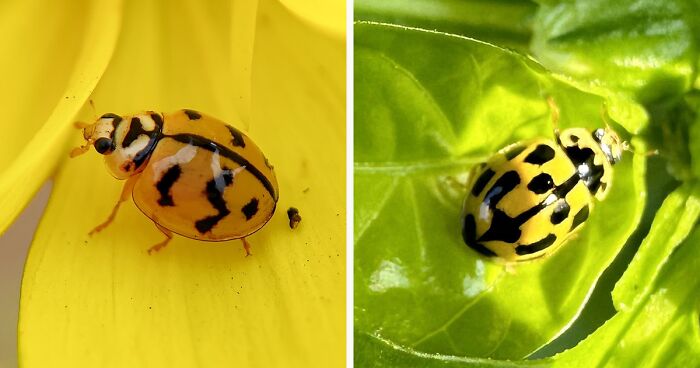
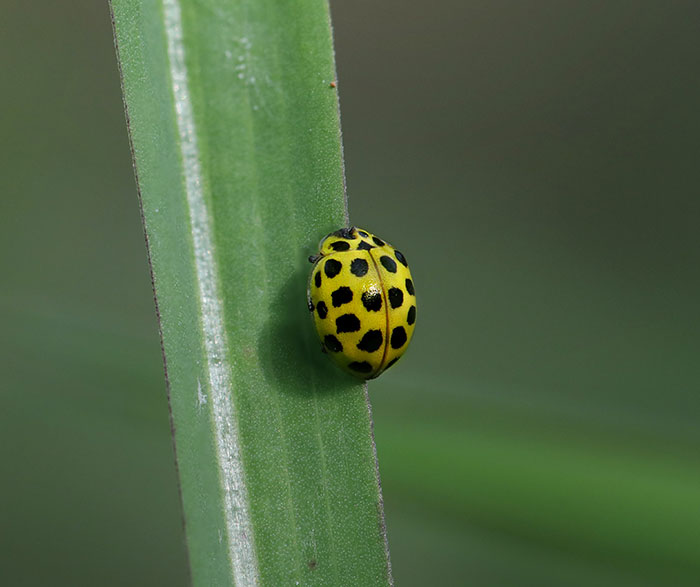
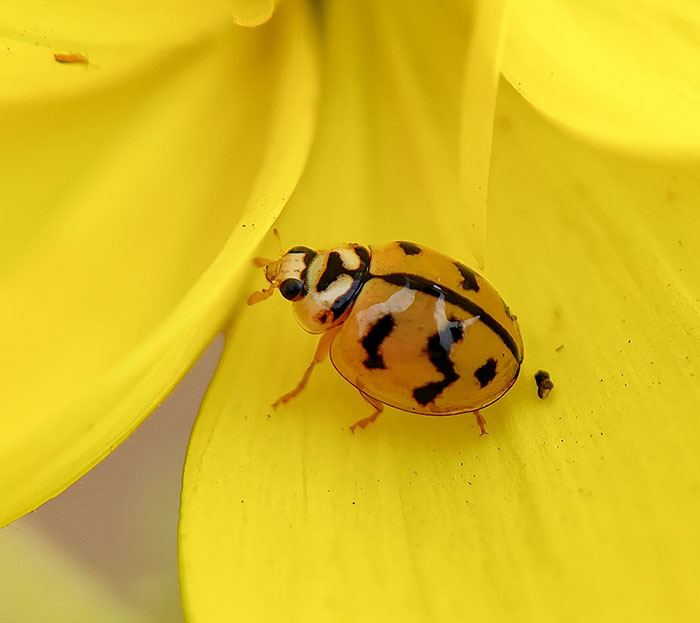
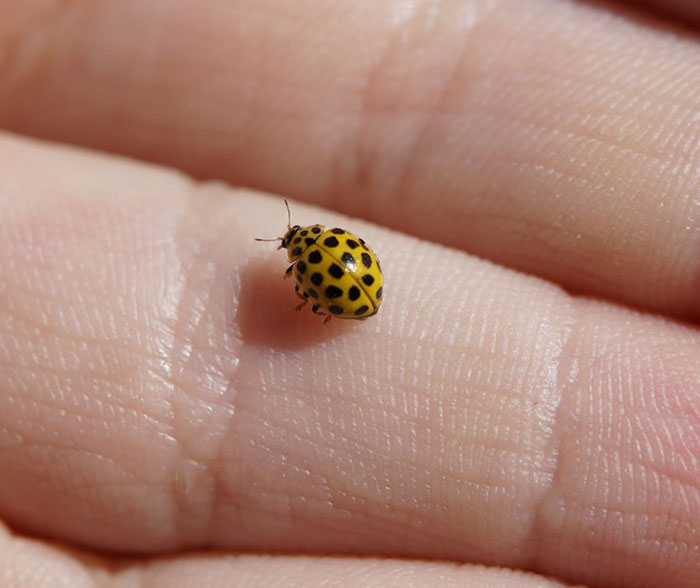
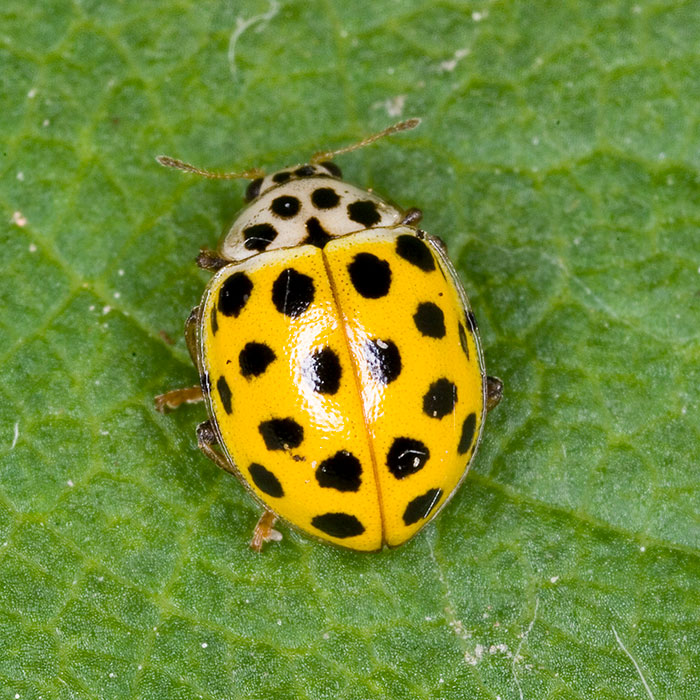

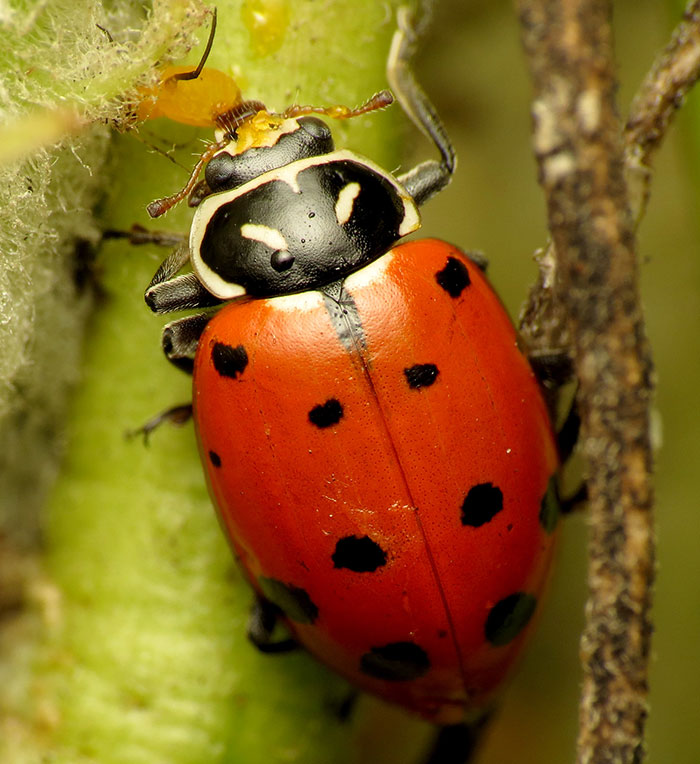
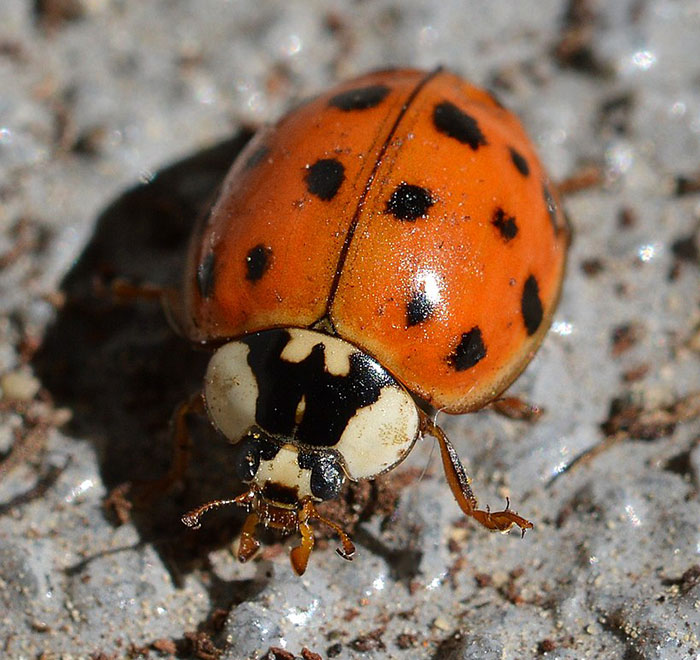
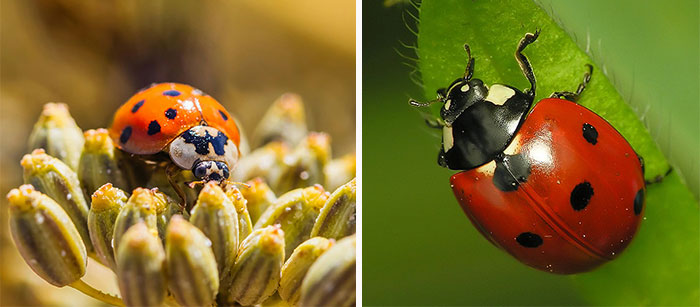

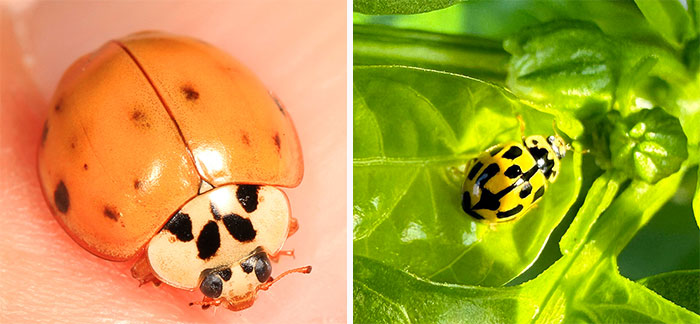












































13
0